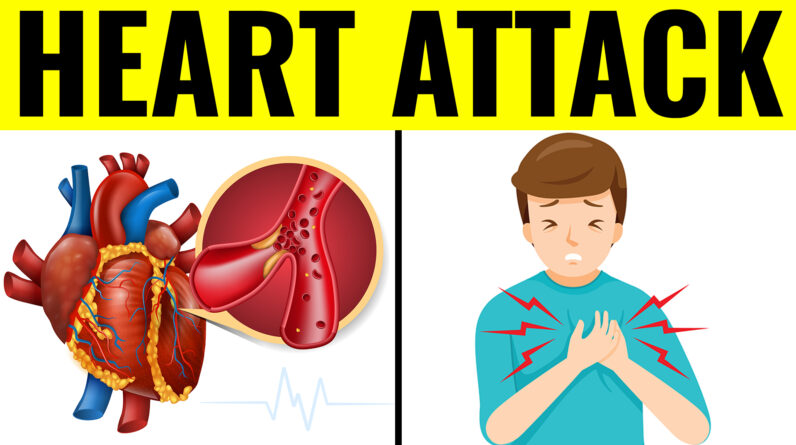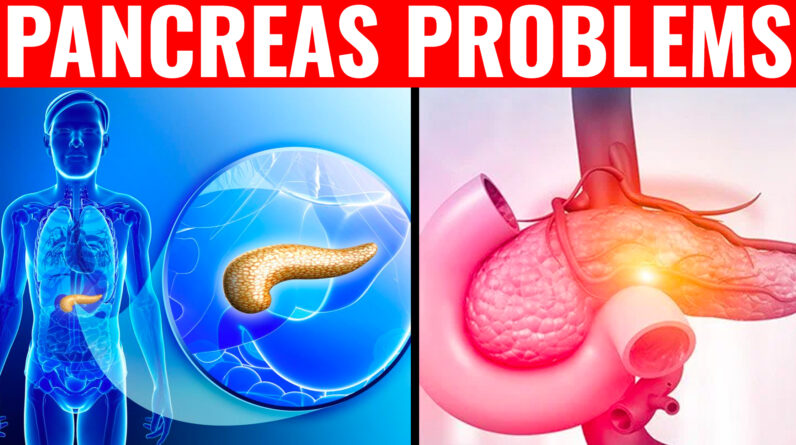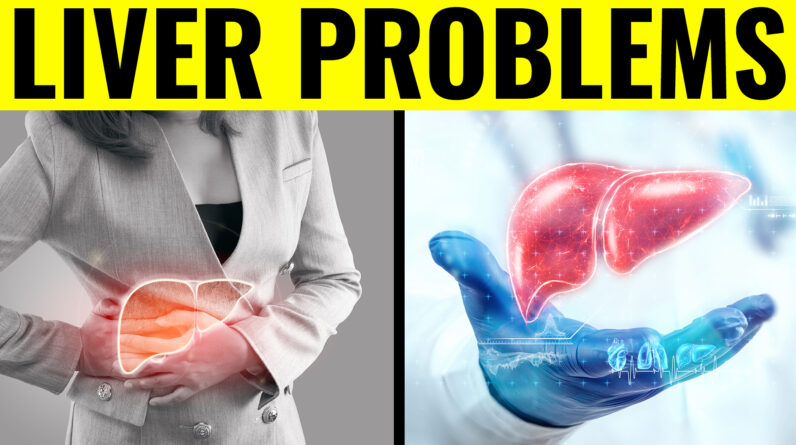
Gluten intolerance is a pretty common condition. And by common, I don’t mean that a lot of people have the condition but that a lot of people have heard of it. For some reason, gluten intolerance is something that popular culture has latched on to as something that everybody has, which has made a number of people think they need to stay away from gluten.
However, not everybody has a gluten intolerance; it is a lot less common than you might think. And when we talk about the symptoms, you might be able to figure out that you don’t have a gluten intolerance after all.
But before we get into the signs and symptoms, let’s take a minute to talk about how this gluten intolerance thing works. First off, gluten is a protein found in wheat, barley, and rye. And gluten intolerance is basically the body’s adverse reaction to consuming gluten.
Now, gluten intolerance is often mistaken for celiac disease and wheat allergy, but they are different.
On the one hand, celiac disease is an autoimmune disease that one can develop from eating gluten. That is, the body basically fights against gluten like it were a virus. This condition can end up damaging a person’s digestive system.
On the other hand, wheat allergy is your immune system’s adverse reaction to eating wheat, specifically. And the symptoms can be quite life threatening.
But neither of them is the same as gluten intolerance. For one, gluten intolerance is not an autoimmune disease. That is, with gluten intolerance, your immune system does not necessarily have an issue with gluten, that is not how intolerance works. Basically, your body is just having a chemical reaction to gluten.
Additionally, while gluten intolerance, celiac disease, and wheat allergy have pretty much the same symptoms, those of gluten intolerance are a lot less severe. And with that said, let’s look at signs that you are gluten intolerant.
1. Diarrhea or Constipation
Probably the most common symptom of gluten intolerance is diarrhea or constipation. It is not unrealistic to have the occasional bout of diarrhea or constipation. But if you are having either of these symptoms constantly, especially after eating a specific kind of food, your body might be having an issue with something, in this case, gluten.
People with celiac disease might also experience these symptoms, but theirs would be more severe and their poop would probably smell terribly due to poor nutrient absorption.
2. Abdominal Pain
Once again, the very occasional abdominal pain is probably nothing much to worry about. However, if you constantly suffer from abdominal pain, whether or not it goes away with medications, there are a number of conditions that could be responsible for that, and one of them is gluten intolerance.
Abdominal pain could be the manifestation of the chemical reaction that your body is having to the gluten you just consumed.
3. Bloating
It is safe to say that everybody has experienced bloating at some point; you know, that feeling of your stomach being uncomfortably full and probably also tight.
Bloating is usually a symptom of a kind of digestive issue from something as tame as overeating to something more serious like a condition that causes gas to build up in the gut. It could also be a sign that you are gluten intolerant, especially if it always happens after eating food containing gluten.
4. Headaches
It looks like the theme of these symptoms is that they are pretty common and could be symptomatic of anything. After all, you have definitely experienced a headache at some point in your life.
However, constant headache is not normal and could be a sign that you are gluten intolerant.
5. Nausea
If you feel nauseous after eating a meal containing gluten, you are probably gluten intolerant. Of course, nausea could be symptomatic of a wide range of issues, many of them digestive, but if you always feel this way after eating food that contains gluten, it is probably a problem with gluten tolerance.
6. Fatigue
Extreme tiredness without having engaged in exerting activities could be symptomatic of gluten intolerance. It is easy for people to dismiss this, though, considering that there are many things that could make one feel fatigued, even things that are not medical conditions.
7. Brain Fog
Brain fog is actually a pretty common symptom of gluten intolerance. Apparently, about 40% of people that are gluten intolerant also struggle with brain fog. That is, they might get forgetful, experience mental fatigue, and have difficulties thinking.
Some researchers say that this happens because consuming gluten as someone who is gluten intolerant causes inflammation in several places, including the brain. This brain inflammation is what causes brain fog.
8. Mood Swings
Also due to brain inflammation, someone with gluten intolerance might experience some psychiatric and behavioral issues including depression and mood swings.
9. Skin Reactions
Finally, gluten intolerance can cause some skin issues like blistering skin. These skin issues typically clear up by being on a gluten-free diet, though.
Now, as you have seen, it is really easy to dismiss gluten intolerance as something else. So, to know for sure whether or not you are gluten intolerant, you’ll have to meet with your doctor. However, before you do that, make sure to watch your reactions to foods that contain gluten. Basically, you want to watch your reaction to foods containing:
- Wheat
- Malt
- Rye
- Barley
- And Brewer’s yeast
What this means is that you’ll have to watch your reaction to foods like pasta, noodles, crackers, biscuits, beers, baked goods, pastries, pancakes and waffles, malt beverages, and cereals.
When you go meet with your doctor, you’ll be armed with this information which should help things to move along nicely. Now, if gluten intolerance is suspected, your doctor will run tests to be sure that you are not suffering from the more severe celiac disease or wheat allergy.
Once it has been confirmed that neither of those is the case, you’ll be put on a diet with a reduced amount of gluten or no gluten at all. If you are wondering why the diet already, well, it is because there isn’t exactly a test for gluten intolerance. For celiac disease and wheat allergy, your doctor will take a blood sample, which will then be analyzed to detect antibodies that indicate celiac disease or wheat allergy. But, right now, there are no tests that can detect gluten intolerance.
So, the best course of action would be to put you on a diet with little to no gluten and see if that alleviates your symptoms. If you have watched your reaction to certain foods before coming to the doctor, the information you give your doctor could help them to determine what foods to leave out of your diet.
Leaving out gluten from your diet completely could be quite tricky, especially considering that gluten can be found in a wide range of foods. You’ll have to be careful to check the nutritional content of every food you eat, and find alternatives to the gluten-rich foods you currently eat. Interestingly, it’s not just foods that contain gluten, medications could also contain gluten.
Something else you’ll need to bear in mind is that it is generally a better idea to gradually remove gluten from your diet instead of going cold-turkey, especially if you are gluten intolerant. If you have celiac disease or wheat allergy, though, you might have to go cold-turkey. Anyway, with the help of your doctor and probably a nutritionist, you should be able to find a plan that works for you.
All of that said, if you are not gluten intolerant, gluten isn’t exactly the enemy. Contrary to what popular trends suggest, gluten intolerance is not widespread; the symptoms are because they can indicate something else, but the condition isn’t. Experts are putting its prevalence at between 0.5 and 13 percent of the population.
So, you don’t need to exclude gluten from your diet if your body doesn’t have an issue with it. The research that has been done so far has not shown any health benefits of a gluten-free diet for people without gluten intolerance, celiac disease, or a wheat allergy. So, why would you want to eliminate that wide range of foods from your diet? However, considering that eliminating gluten from your diet does not have any adverse health effects either, you can do whatever you want.







